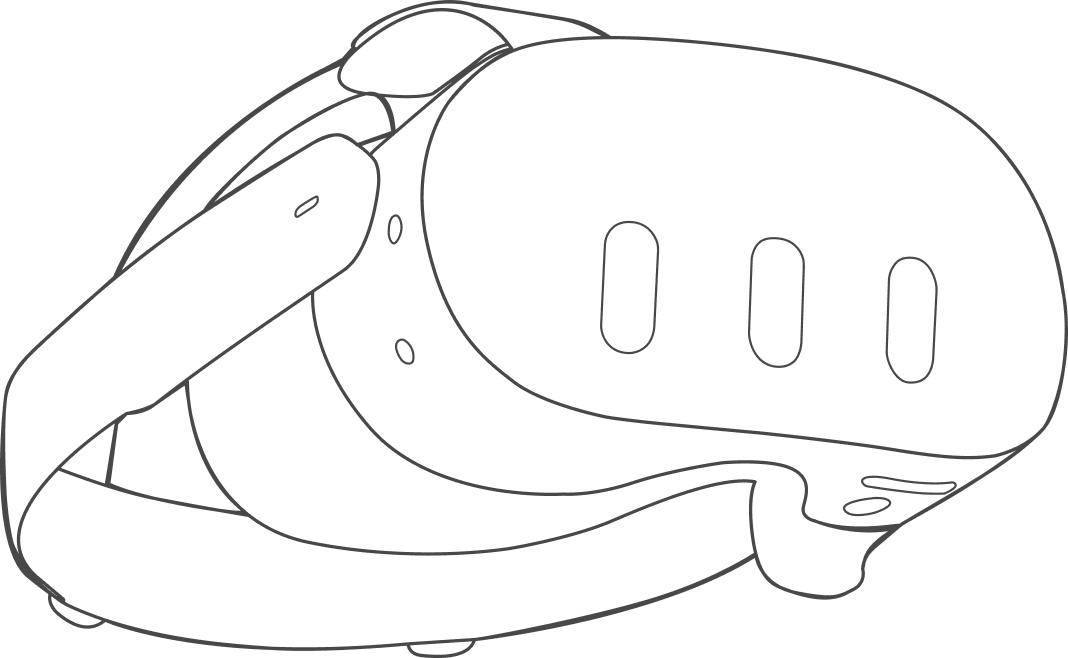
08/03/2025 1:33 pm
Improving Physical Coordination and Reducing Falls with VR
Summary
Physical coordination often declines as dementia progresses, increasing the risk of falls and associated injuries. Reverie VR offers innovative virtual reality experiences designed to enhance motor skills and reduce fall risks among dementia patients.
The Challenge of Physical Coordination in Dementia
Dementia can impair motor functions, leading to balance issues, slowed movements, and decreased muscle strength, all contributing to a higher incidence of falls. These physical challenges not only affect the individual's mobility but also their confidence and independence.
How VR Enhances Physical Coordination
Reverie VR provides immersive environments that can improve physical coordination through:
Simulated Physical Activities: Engaging in virtual tasks that mimic real-life movements can help maintain motor skills.
Balance Training: VR scenarios that challenge balance can strengthen stabilising muscles and improve proprioception.
Motivational Engagement: Interactive VR experiences can encourage participation in physical exercises, enhancing overall mobility.
Scientific Evidence Supporting VR for Physical Coordination
Research supports the use of VR in improving physical coordination and reducing fall risks:
Virtual Reality in Telerehabilitation: Studies have shown that VR can significantly improve mobility and balance in patients undergoing rehabilitation, suggesting its potential benefits for individuals with dementia.
Video Game Rehabilitation: Research indicates that interactive video game-based systems, such as those using VR, can enhance balance and motor skills in older adults, leading to reduced fall risks. en.wikipedia.org
Virtual Reality Therapy: VR interventions have been effective in neurological rehabilitation, improving balance and mobility in patients with conditions like stroke, which may have parallels in dementia care. en.wikipedia.org
Implementing Reverie VR for Physical Coordination
For Carers: Provides a safe and engaging platform to conduct physical exercises, reducing the risk of injury during traditional therapy sessions.
For Admissions Managers: Showcases the facility's commitment to innovative therapies that enhance residents' physical health and safety.
For Care Home Owners: Investing in Reverie VR demonstrates a proactive approach to reducing fall-related incidents, potentially lowering healthcare costs and liability.
For Family Members: Offers peace of mind knowing their loved ones are participating in activities that improve physical coordination and reduce fall risks.
Discover how Reverie VR can enhance physical coordination and safety for dementia patients.
Contact us today to learn more.

08/03/2025 12:05 pm
Behavioural Changes: Supportive Management through VR
Dementia often leads to behavioural changes such as aggression, apathy, and mood swings, presenting challenges for both caregivers and patients. Reverie VR provides immersive virtual reality experiences that offer supportive management strategies to address these behavioural changes effectively.



Get in touch & book a demo
For more information or to arrange a free demo please get in touch by pressing the button below.
